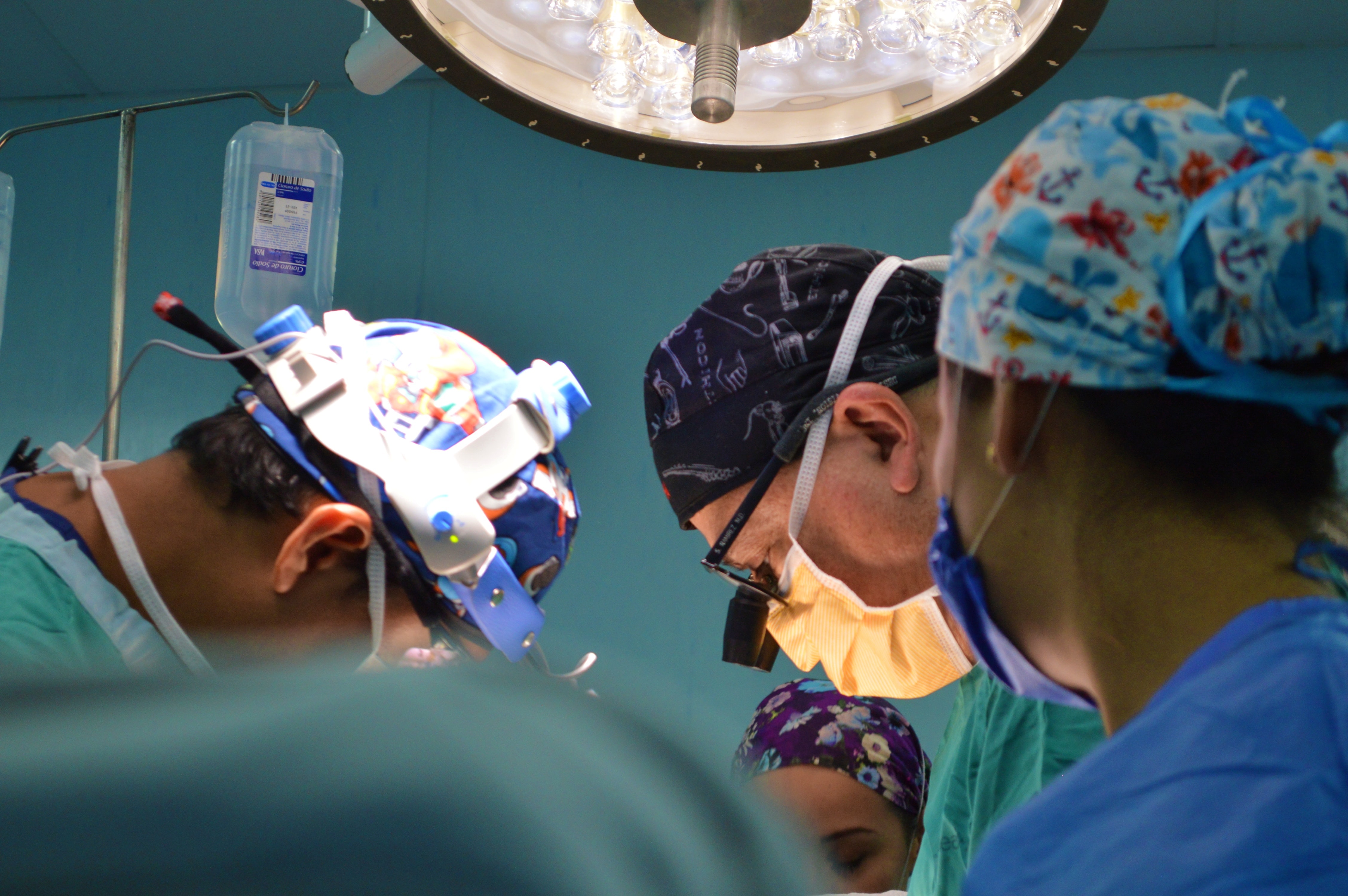News release
From:
Medical student teaching has moved away from experienced based teaching with real patients in real clinical situations to more didactic teaching models (lectures and tutorials). A survey of new medical graduates working in hospitals showed that only 50% of responders had ever attended a critical clinical event in their training and that specific teaching in mental and physical self-care, managing extended hours of work, clinical prioritisation, delegation and workload management is lacking. Given the extreme stress that the health system now finds itself operating under this assumes an even greater priority to prepare our medical graduates adequately to manage in conditions of resource limitation.



 New Zealand
New Zealand


